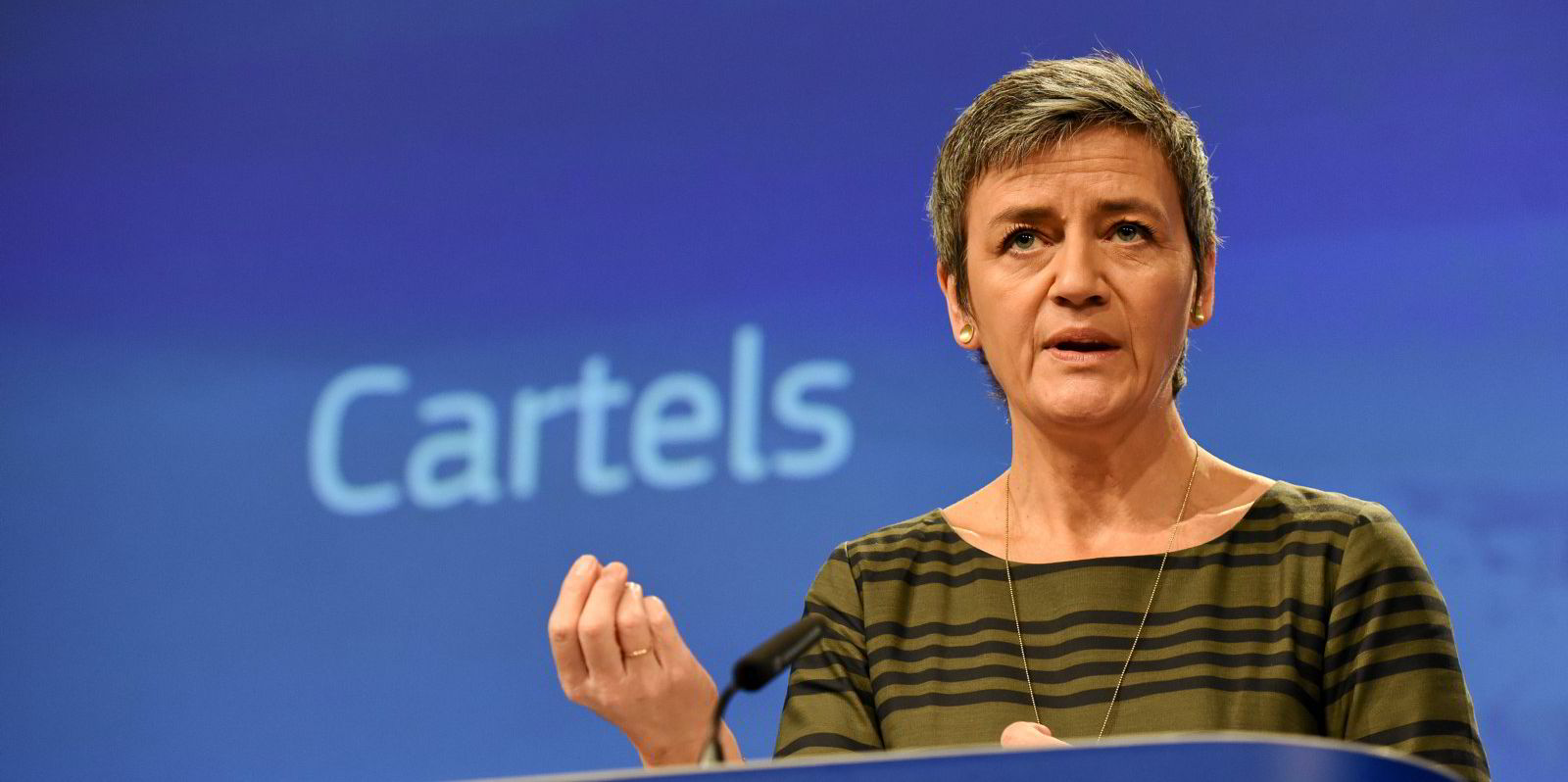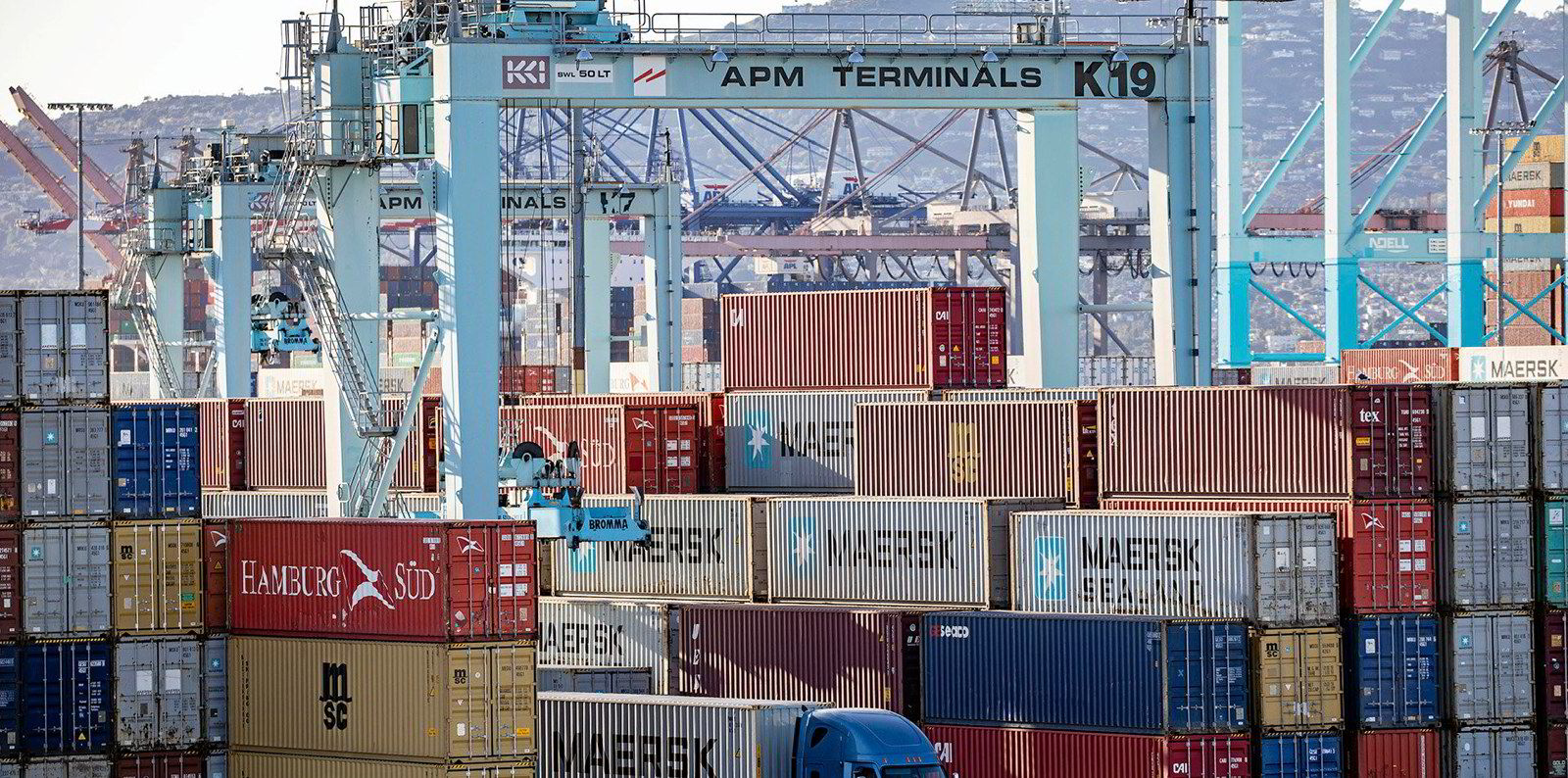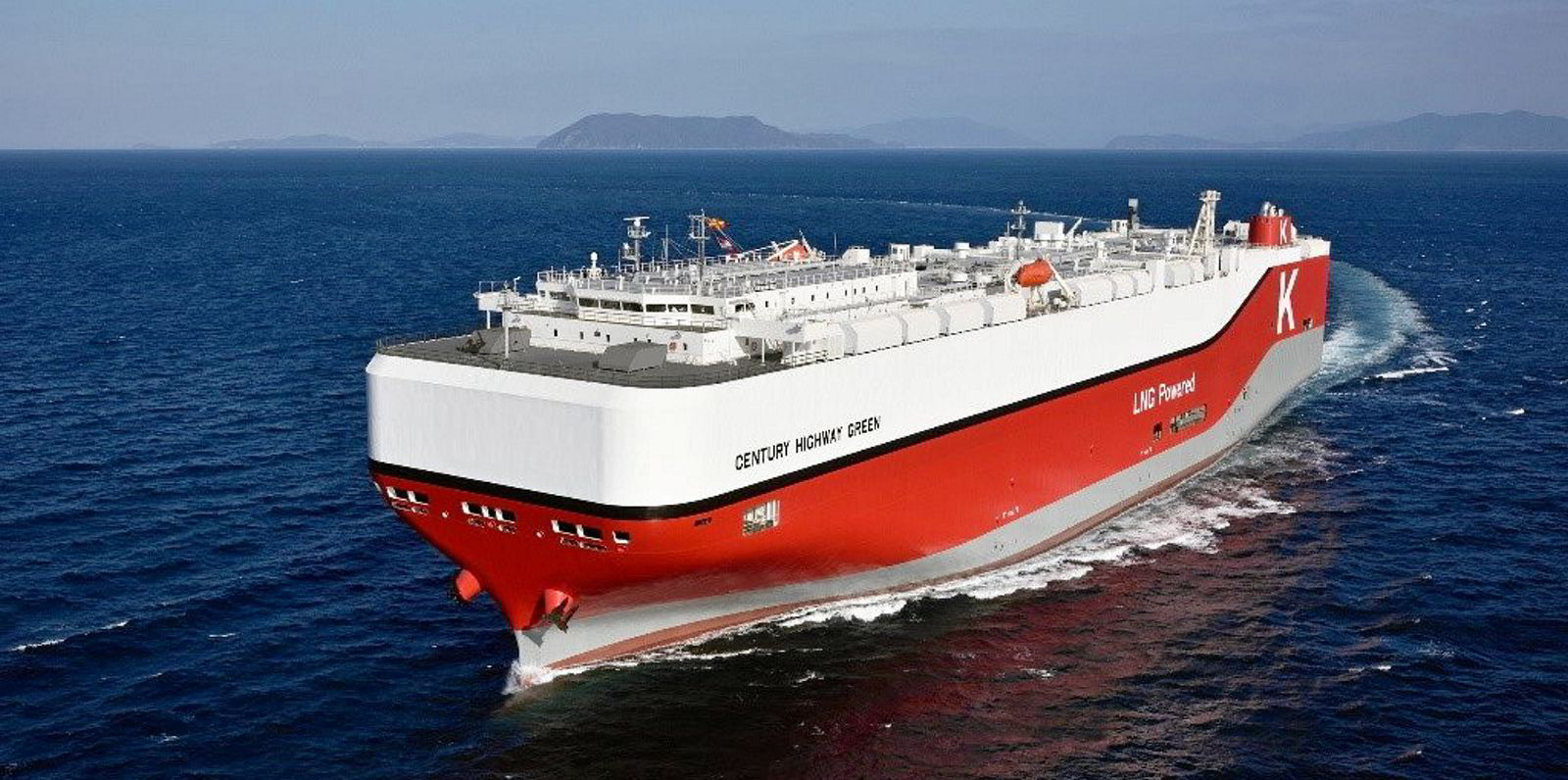Profiteering container lines are using their financial strength to drive freight forwarders out of business, European shippers believe.
Carriers are able to “cherry pick” the highest volume shippers for longer-term contracts, according to shippers body Clecat.
Smaller shippers are then relegated to the more expensive spot market where they are forced to multiples of the freight rates on offer, it added.
The Brussels-based lobby group is urging the European Commission to investigate a “discriminatory strategy” by liner operators which leads to freight forwarders being “disintermediated” in the process.
Liners have used their financial war chest to vertically integrate, increase rates and drive out independent freight forwarders, Clecat director-general Nicolette van der Jagt said.
“The vertical integration is particularly unfair and discriminatory as carriers — enjoying an exemption from normal competition rules — are using the windfall profits to compete against other sectors that have no such immunity,” she said.
The shippers’ body has written to European Competition Commissioner Margrethe Vestager urging an investigation into liner services serving European markets.
The investigation should establish “the degree of concentration, consolidation, coordination, and cartelisation in the upstream container liner shipping services markets”, it said.
In particular, the EU should investigate the skyrocketing rates which have led to the alliances’ forecast profits of over $200bn during the Covid crisis, it added.
The shippers described the three container shipping alliances controlling 80% of the trade as an “oligopoly charging oligopoly prices”.
Such consolidation was “problematic” as fewer carriers meant fewer service options and enabled a few carriers to discriminate, it said.
Carriers had also increased their control over the market through their control of supply chain data, Clecat said.
“The availability of these special privileges harms the relations between shipping lines and freight forwarders and their customers and takes away the trust which is so much needed at times of continuing congestion and disruptions,” said van der Jagt.
The shippers’ body claims that European businesses continue to experience rising container shipping costs, a record low level of reliability and reduced choice of services.
It added that the massive freight rate hikes over the last 18 months have led to damaging inflation.





